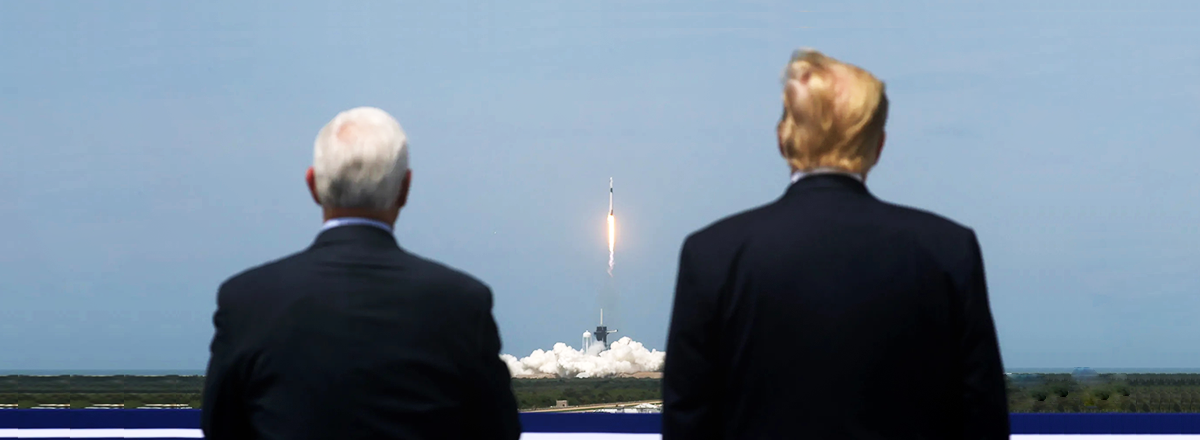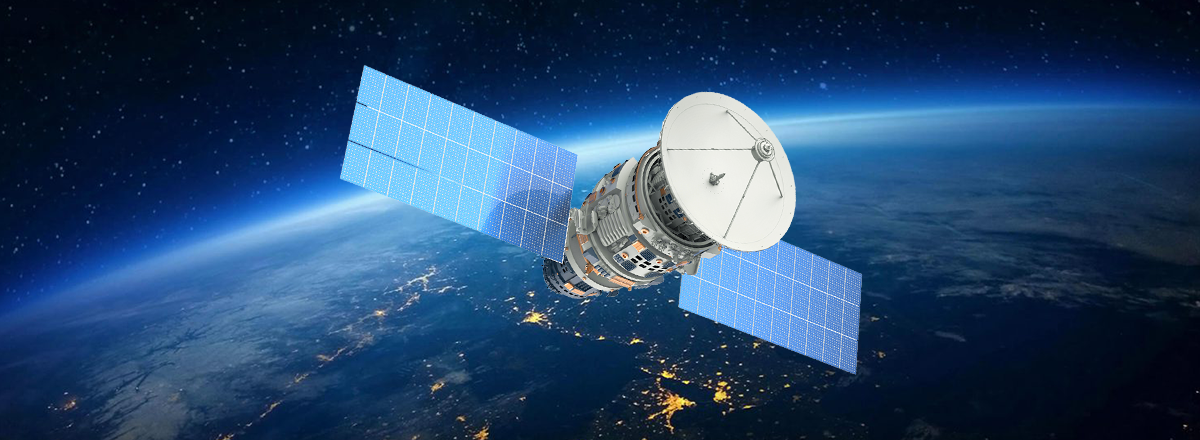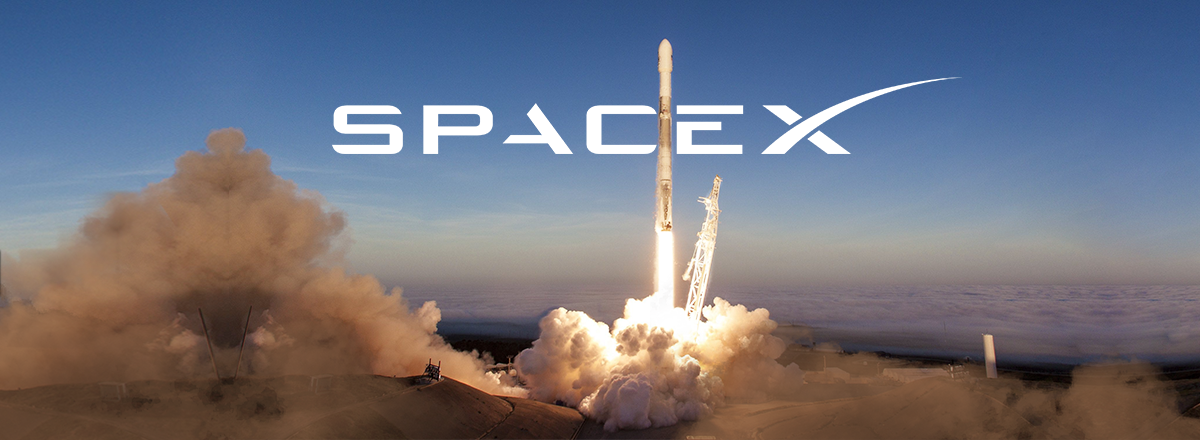On June 30, SpaceX held another successful launch of the Falcon 9 with its first mission in the interests of the United States Space Force. The rocket launched the GPS III-03 Columbus satellite into orbit. As usual, the launch could be watched live on the SpaceX YouTube channel.

GPS III-03 Columbus is the third satellite of the third-generation global positioning system. Ultimately, the third-generation global positioning orbital constellation will consist of 32 Block III devices. They will gradually replace obsolete satellites, which currently provide GPS signals around the world.
The satellites of the third-generation global navigation system, GPS III, are distinguished by noise immunity, increased accuracy, and are more maneuverable. Lockheed Martin is engaged in the creation of new satellites. The cost of one device is estimated at $577 million. The expected operational life is 15 years.
The first GPS III satellite was launched into orbit on December 23, 2018, by the SpaceX Falcon 9 rocket. Elon Musk won a tender to launch five of the first six vehicles of this type. The contract for the launch of GPS III-03 Columbus is $96.5 million.
Initially, the GPS III-03 Columbus with a mass of 3.8 tons was planned to be launched back in April, but it was postponed several times due to the coronavirus pandemic.
The Falcon 9 rocket was launched on June 30 at 4:10 p.m. EDT, from Space Launch Complex 40 at Cape Canaveral Air Force Station in Florida.
Liftoff! pic.twitter.com/E2xaQQNw1w
— SpaceX (@SpaceX) June 30, 2020
After two and a half minutes, the first stage (a completely new stage was used for this mission) separated, and a minute later, the engines turned on again to change the trajectory. After the first stage separated at about the ninth minute after the launch, it landed on the Just Read the Instructions floating platform in the Atlantic Ocean.
Falcon 9’s first stage has landed on the Just Read the Instructions droneship! pic.twitter.com/5zYhTFDUsM
— SpaceX (@SpaceX) June 30, 2020
The second stage continued its work and successfully delivered the satellite to the planned orbit, after which it deployed the solar panels.
Your GPS just got slightly better https://t.co/XsblUsiNXU
— Elon Musk (@elonmusk) June 30, 2020
This month, instead of the planned four launches, SpaceX held three. Initially scheduled for June 22, the Starlink 9 v1.0 mission with BlackSky Global 5 and 6 auxiliary satellites under the ride-sharing program was rescheduled for July 8.















